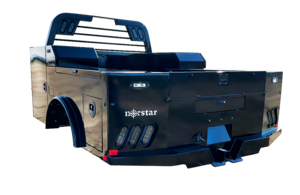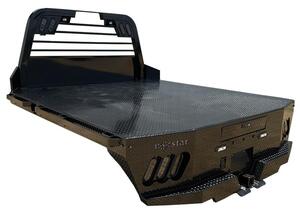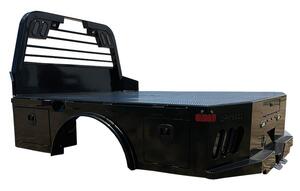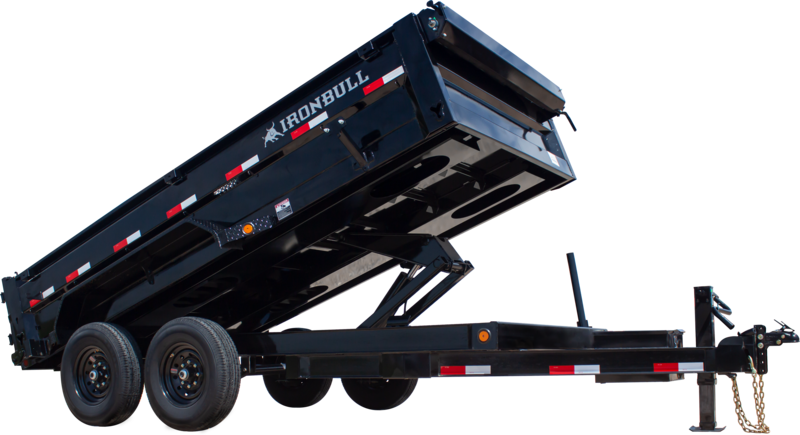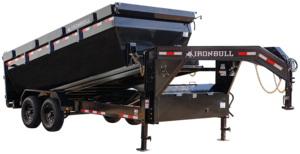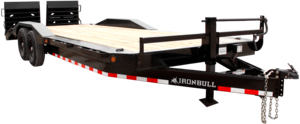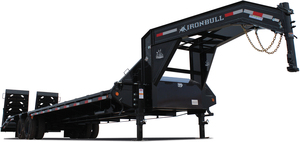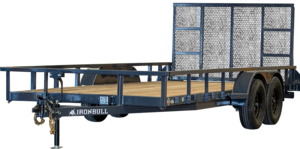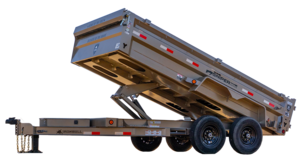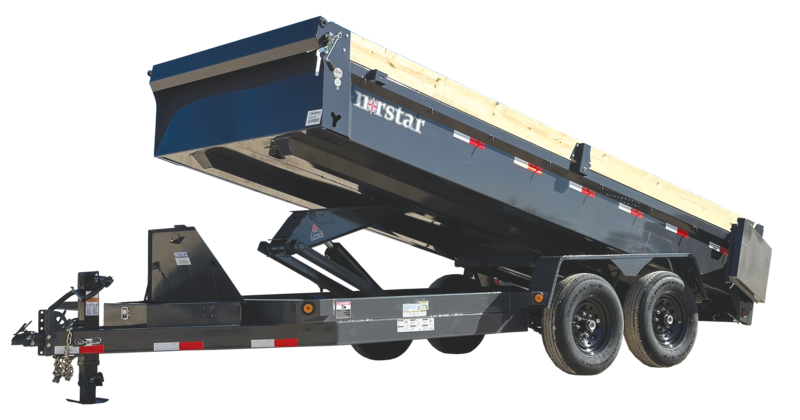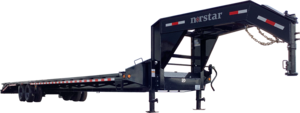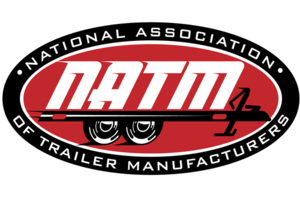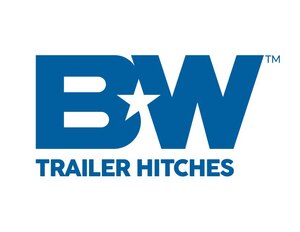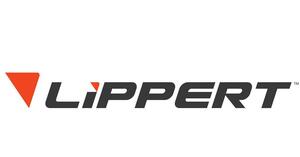Understanding The Various Types of Trailer Hitches
Trailer hitches are vital accessories attached to the chassis of a vehicle for towing purposes.
They facilitate the connection between your car and the trailer, enabling smooth and safe transportation of goods, animals, or other items.
Forming an integral part of any towing vehicle, trailer hitches come in various types, each catering to unique usability and weight requirements.
What are the different types of trailer hitches?

Trailer hitches vary widely, depending on their design, weight capacity, and intended use.
Below, we explore several of the best trailer hitches that serve unique purposes in different towing scenarios.
Rear Receiver Hitch

A Rear Receiver Hitch is one of the most common types of trailer hitch, seen often on SUVs, trucks, and large vehicles. It affixes to the back of the car, allowing it to tow trailers, boats, or bike racks. Its strength and versatility have made it popular among outdoor enthusiasts and people who require regular towing.
Front Mount Hitch

Unlike a Rear Receiver Hitch, a Front Mount Hitch is attached to the front of the vehicle. It offers easy maneuverability in tight spaces and is primarily used for mounting accessories like bike racks, spare tires, or snowplows. This hitch is a functional addition for those who frequent off-road terrains or snowy areas.
5th Wheel Hitch
5th Wheel Hitches are designed for heavy-duty towing tasks. They are mounted in the bed of a pickup truck and designed to handle heavy loads like large campers or commercial trailers. The "5th Wheel" design provides a high towing capacity and stability, especially for long hauls.
Gooseneck Hitch

Similar to a 5th Wheel Hitch in its mounting position, a Gooseneck Hitch is installed over or just forward of the rear axle. It offers high weight capacities, making it suitable for towing heavy loads like livestock trailers or large flatbeds. This hitch offers a better turning radius and less intrusive installation than 5th-wheel hitches.
Pintle Hitch
Commonly seen in industrial or military use, Pintle Hitches are known for their high weight capacity and rugged vigor. Comprising of a hook (Pintle) and ring (Lunette), these hitches enable more significant vertical and lateral movement, thus offering flexibility under rough, off-road conditions.
Bumper Hitch
A Bumper Hitch, as the name suggests, is a type of hitch that attaches directly to a vehicle’s bumper. This hitch is apt for lighter loads and often used to tow small trailers and boat carriers.
Weight Distribution Hitch
The Weight Distribution Hitch is unique in that it helps distribute the trailer's weight evenly across the vehicle's axles. This hitch enhances stability and control, preventing critical issues like trailer sway. It's particularly useful when towing heavy loads over considerable distances.
No matter your towing requirement, understanding these various types of trailer hitches can provide you with the knowledge to make a suitable choice. Always consider the weight of the item to be towed, the vehicle's towing capacity, and the hitch's durability for a seamless, safe towing experience.
Classes of Trailer Hitches or Different Kinds Of Hitches
Trailer hitches are further distinguished based on towing capacity and categorized into different classes.
These classes help users select an appropriate hitch for their specific towing requirements.
Explore each class below to understand the difference in their weight capacities and intended uses.
Class I
Class I trailer hitches are suitable for light-duty towing tasks with a maximum gross trailer weight (GTW) capacity of up to 2,000 pounds. They are perfect for compact cars and small SUVs for hauling small cargo trailers, bike racks, or lightweight accessories.
Class II
Designed for moderate towing needs, Class II trailer hitches can handle a GTW of up to 3,500 pounds. These hitches are typically compatible with midsize sedans, small pickup trucks, and minivans. Typical uses include towing small boats, utility trailers, or pop-up campers.
Class III
Class III trailer hitches are commonly found on large SUVs, pickup trucks, and full-size vans. With a GTW capacity of up to 8,000 pounds, they are ideal for towing medium-sized trailers, campers, or boats. This class offers compatibility with weight distribution systems for enhanced stability.
Class IV
Heavy-duty towing tasks require a Class IV trailer hitch that can manage GTW capacities of up to 10,000 pounds. These hitches are often seen on full-size pickup trucks and SUVs, and are mainly used to tow large travel trailers, boats, or car haulers.
Class V
Reserved for the most demanding towing requirements, Class V trailer hitches boast an impressive GTW capacity of up to 20,000 pounds. They are typically compatible with heavy-duty pickup trucks or commercial vehicles and are often used for towing extensive recreational vehicles, equipment haulers, or livestock trailers.
Choosing the Right Trailer Hitch Type for Your Needs
Once you've familiarized yourself with the different types and classes of trailer hitches, consider these factors when selecting the right one for your needs:
1. Towing capacity
The foremost aspect to consider is your vehicle's towing capacity. Ensure that both your vehicle and the chosen hitch can safely and effectively handle the weight of the trailer or towing accessory.
2. Compatibility
Verify that the chosen trailer hitch type matches your vehicle's make and model. Consult the vehicle's owner's manual or contact the manufacturer for guidance.
3. Frequency of use
Determine your frequency of towing requirements. If you tow regularly and over long distances, opt for a hitch tailored for heavy use and improved stability.
4. Installation
While some hitches can be installed at home, others may necessitate professional help. Choose appropriately, considering your technical expertise and installation costs.
5. Price
Lastly, factor in the price of the hitch itself, accounting for your budget constraints. Opt for a hitch with a good balance between quality and affordability.
Get The Right One
Choosing the right type and class of trailer hitch ensures safe and efficient towing experiences. Familiarize yourself with the various options and make an informed decision that suits your vehicle, towing capacity, and specific requirements.
Norstar Company is a leading manufacturer of top-quality trailer hitches, providing a wide range of products to satisfy diverse towing needs. With durable design and reliable performance, Norstar Trailer ensures a seamless, secure, and stress-free towing experience.



